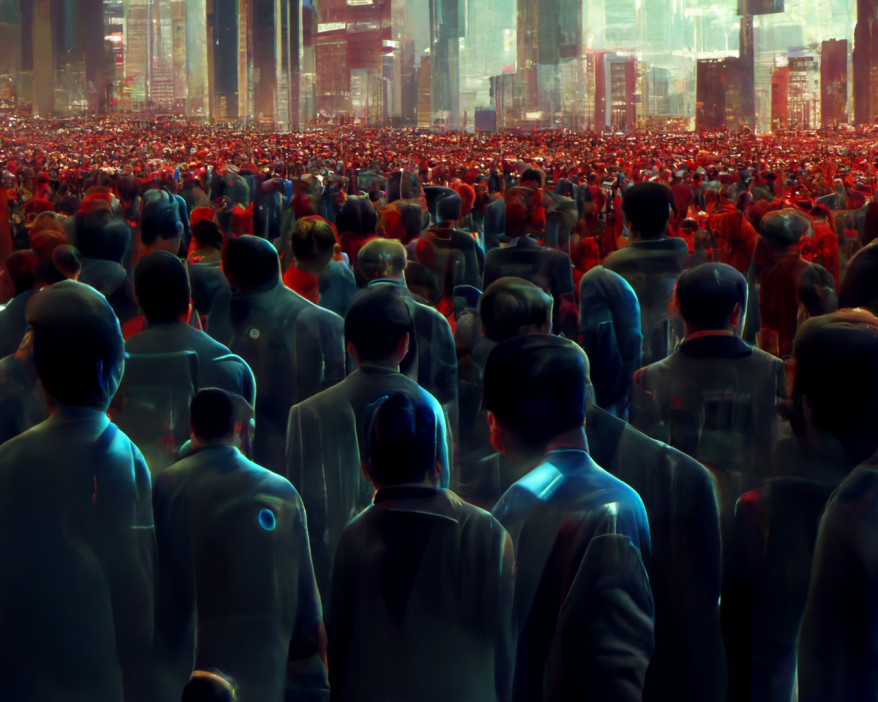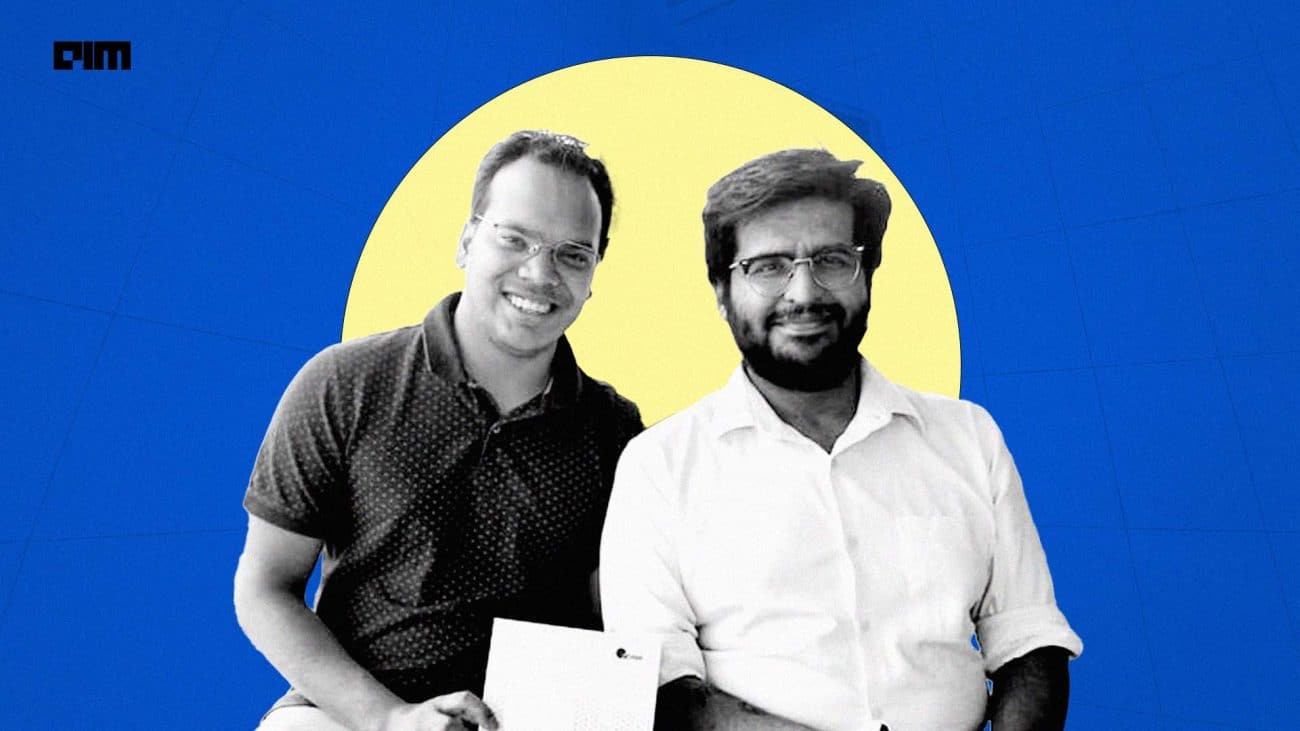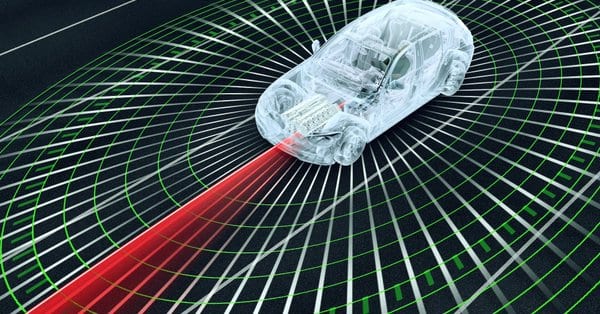|
Listen to this story
|
Modern corporations across the world follow the legacy of the East India Company, which pioneered the modern joint-stock model of financing, as well as the trans-national systems of business administration and governance. They still work as they did back in the 1600s accepting investors’ funds in exchange for the responsibility of maximising value for investors and shareholders, strengthening centralised frameworks with top-down controlled administration.
However, the idea of the modern blockchain-based decentralised autonomous organisation, also referred to as DAO, is set to overhaul the age-old practice of governance in an organisation.
The future of corporations could be very different as DAOs take on legacy businesses. It’s the ultimate combination of capitalism and progressivism. Entrepreneurs that enable DAOs can make $. If the community excels at governance, everyone shares in the upside. Trustless can pay
— Mark Cuban (@mcuban) May 31, 2021
DAOs are all about exchanging wealth and ideas. They are comparable to centralised organisations in many ways, but there are also some key differences. Most significantly, DAOs are decentralised digital organisations run by the community rather than by centralised authorities like CEOs, CFOs, or board members. Any DAO member may submit a proposal, which the other members may vote to accept or reject. This creates a completely independent and open organisation. All of its financial transactions are permanently recorded on a blockchain, and it operates independently without the need for intermediaries to handle anything on behalf of its users.
Smart contracts — self-executing programs that run when the agreed criteria are met — are the backbone of all DAOs. It means that there are neither accounts departments nor their manager approving everything. Instead, the entire operation runs on publicly verifiable codes and smart contracts.
DAO Broken Down
Let’s learn from a vending machine. A vending machine serves as the provider for your food cravings, and offers you a snack once you pay for it. However, even with all the cutting-edge technology, people are still required to operate this box vending machine – paying electricity bills, resupplying to cash collection, etc. So, if a vending machine were a DAO, every part of the process where a human was needed would simply be replaced with codes.
Key features of DAO
DAOs are known to be decentralised and trustless, making their position more consolidated in the present corporate system. By decentralised, we mean no single person or entity governs them.
The DAO’s governance and operational regulations are established in smart contracts – or digital contracts – maintained in the blockchain network, which means they cannot be changed unless all DAO members agree. Each DAO organisation member has a vote, and every decision is put through a vote by all members. This is not a standard practice in organisations where a small group of people hold all decision-making powers.
Second, DAOs are trustless. DAO participants trust the code, as opposed to typical organisations where trust serves as the main motive for bringing people together. Additionally, every action required for the organisation to operate is overseen by the code that controls the smart contract.
Operational rules are defined in the company’s code or smart contracts, both of which are publicly accessible at all times. The rules are visible, unchangeable, and openly verifiable so that anyone considering working for the DAO can review them and choose whether those are acceptable to them. Since all transactions are recorded on the blockchain, people can check if DAO is paying its current members timely or not. When DAO is operational, smart contracts also enable businessmen to engage safely with strangers anywhere without the need for middlemen to ensure that its users won’t be taken advantage of. The other benefit of transparency is that a business owner can be sure that none of the DAO members can swindle money from the company’s coffers and if they do, catching them would be incredibly easy.

DAO: Changing approach to bottom-up
While the blockchain elements of DAOs are certainly new, the decentralized and democratic nature of DAOs is not new at all. In fact, giving employees a voice is a practice followed since the first cooperative was founded in Rochdale, England, in 1844.
Back home, the best example of a cooperative is Amul, which has existed for more than 75 years in India. The community model is old, and DAOs with blockchain-based smart contracts plan to revolutionise it using technology. DAOs’ distinctive organisational structure focuses on the community. It aims to promote prosperity for all rather than concentrating solely on the needs of a small number of powerful shareholders. This might have an impact on how firms operate as well as how society as a whole addresses current social issues.
Famous DAOs: Failures and successes
Today, there are about 6,000 DAOs operational worldwide. Uniswap, Decentraland, Friends With Benefits, and Mirror, are some of the famous names in the DAO community. Uniswap is the Ethereum blockchain’s largest decentralised exchange (or DEX). It enables users anywhere in the world to trade cryptocurrency without the use of an intermediary.
Currently, Superteam.fun and DAOLens are some of the India-based DAOs. Launched by comedian Tanmay Bhat, Superteam DAO is a community of creatives, developers, and operators. DAOLens focuses on providing the tools and functionality required for a DAO to operate efficiently.
Genesis DAO was the first DAO announced in May 2016. It was designed to function as an investor-directed venture capital firm and was built on the Ethereum blockchain. It was one of the first crowdfunding efforts and a high-profile project that raised $150 million in ETH. The DAO was hacked within three months of launch, and $60 million in ether was stolen. The Ethereum blockchain, on which the DAO was built, was later forked in order to restore the stolen funds, which were then returned to investors.
Since then, there has been a continuous effort to make DAO more secure. According to Snapshot Labs, DAO numbers have increased by 8.8 times, from 700 in May 2021 to 6,000 now.
1/ DAO governance activity is exploding 💥. In the last year, we have seen:
— Emre ⚡ (@n4motto) June 8, 2022
• 8.8x in # of DAOs
• 8.5x in # of proposals
• 8.3x in # of votes
🧵 Here are 10+ key insights from @SnapshotLabs data on DAO governance pic.twitter.com/45KAOeER5y







































































































